Gene Hackman and the Work That Lasts
Gene Hackman’s relentless dedication to his craft not only shaped my love for movies but also reminded me that great storytelling is about showing up and doing the work.
When I heard the news of Gene Hackman's passing just past midnight on February 27th, I was here, writing. I posted a note about him, but then I stopped in my tracks. Rarely do I feel a deep sadness when a famous person dies, but Hackman hit me hard. I felt this way about James Earl Jones and Robin Williams—actors whose presence felt larger than life, who shaped my understanding of storytelling. I had the pleasure of meeting both men, moments that remain highlights of my life. Some artists leave a mark so profound that their passing feels personal.
Gene Hackman was one of them.
Whenever people talk about Gene Hackman, they bring up The French Connection—one of my dad’s favorite movies—along with The Royal Tenenbaums and The Conversation. And rightfully so. Yet for me, Hackman’s impact goes beyond those celebrated roles. There are other films of his that left a lasting mark on me, shaping not just my love for cinema, but my approach to storytelling and the work itself.
He wasn’t just a movie star; he was a workhorse, the kind of actor who never phoned it in, no matter the role, no matter the film. Whether he was leading the charge, playing a supporting role, or making fun of himself, he elevated every scene he was in. His presence was undeniable. He was proof that when you do great work, it speaks for itself. That’s why his passing stings. It’s the loss of an icon—a reminder that craftsmanship matters.
As I’ve mentioned publicly before, my father’s love for cinema was a gift that shaped my own passion for the art form. We watched everything together, from B-movie schlock to foreign films, from four-quadrant Hollywood blockbusters to the most prestigious arthouse cinema. And Gene Hackman was everywhere. He wasn’t just a face on a screen; he was a force. Whether he was playing the eccentric Royal Tenenbaum, the paranoid surveillance expert Harry Caul in The Conversation, or reprising a version of that role in Enemy of the State, Hackman was always magnetic. He understood something fundamental—if you do the work, and do it well, the rest will follow.
I remember seeing The Conversation in film school and being floored—not just by the impeccable production, but by Hackman’s performance. His portrayal of Harry Caul wasn’t just acting; it was a slow-burning unraveling of a man consumed by his own paranoia. It was restraint and power, bottled into one. I got to see it again on the big screen at our local Alamo Drafthouse last December with my wife
, and even though our filmgoing experience was marred by bad service, a misplaced hamburger, and a really odd crowd (have Maria tell you the story), the film and Hackman’s performance made it all worth it. Even after all these years, it still floored me. That’s the power of great work—it lasts.“When I'm actually on the set or on a stage, actually doing the work, I loved that process and I loved the creative process of trying to bring a character to life. And then, when you're actually shooting or performing, there is a kind of a feeling that comes over you, a confidence and kind of a wonderful, washed-over feeling of wellbeing, if you will, when it's going well.” - Gene Hackman, Empire Magazine Interview 2009
One of my favorite Hackman films, and an underrated gem in his filmography, is Class Action. That movie hit me hard, not just because of his performance, but because of what it represented. When I was younger, I knew I wanted to attend San Francisco School of the Arts High School (SOTA), and one of the many reasons I wanted to go there was because Hackman had visited while filming Class Action. I wasn’t enrolled yet, but I held onto the hope that maybe, just maybe, he’d come back while I was a student. Eventually, I did attend SOTA, immersing myself in an environment filled with artistic talent and inspiration. We had incredible artists of every field come through—Carlos Santana was even part of the PTA—but the dream of meeting Hackman, of learning from someone whose entire career was built on doing the work, stayed with me long after I graduated.
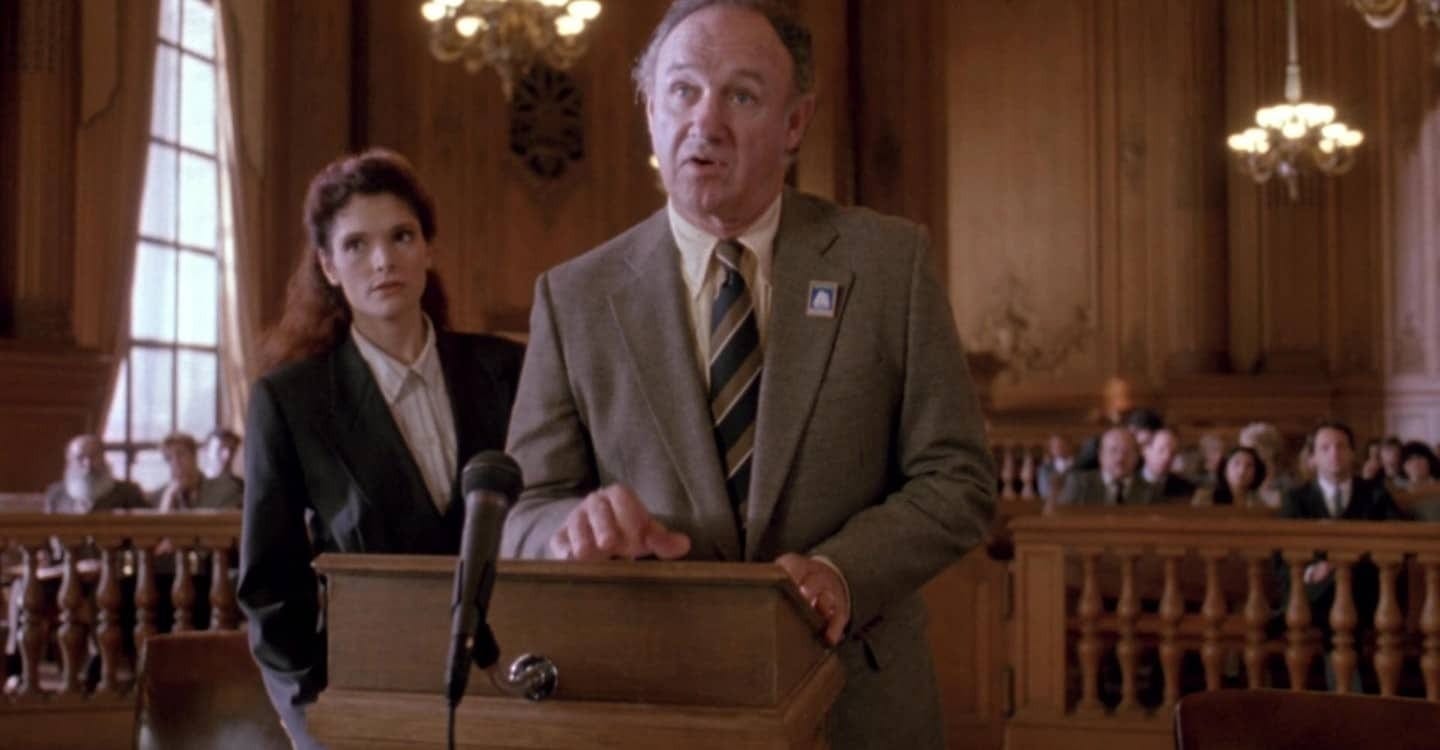
Hackman also shaped my love for character actors. His versatility was, and remains, unmatched. He could be a leading man, a comedic presence willing to poke fun at himself, or the best supporting actor in an ensemble of powerhouses—always standing out but never overshadowing the film itself. His presence was a lesson in the power of craftsmanship over celebrity.
I remember loathing him in Unforgiven because his evil was so expertly portrayed—almost like Iago in Othello—his villains weren’t one-dimensional. They lived in the grey areas of morality, dangerously understandable, sometimes even relatable. His Little Bill Daggett wasn’t a caricature—he was a lawman who truly believed he was right, which made his brutality all the more unsettling. That was Hackman’s genius: he played men, not monsters.
Maria and I recently rewatched The Firm, and once again, I was in awe of his ability to make villainy feel human. In a film with a stacked cast, Hackman stood out, not by playing Avery Tolar as a one-dimensional antagonist, but as a man so entrenched in corruption that he almost convinces you he’s just in too deep. There’s a certain charm to his performance, a likability that makes his moral decay all the more unsettling. He made bad guys human, which is far more terrifying than playing them as outright demons. Watching him in The Firm only reinforced how committed he was to the craft—he inhabited characters in ways that made them feel real.
I also vividly remember seeing Crimson Tide on the big screen and being completely blown away by the sheer force of two titans—Denzel Washington and Gene Hackman—going head to head. Never mind that Tony Scott is a filmmaker I steal from constantly; watching Hackman bring such intensity and conviction to what is essentially a popcorn movie was a revelation. He proved that blockbusters don’t have to be disposable, that a film with commercial aspirations can still have weight. His Captain Ramsey wasn’t just a military hardliner—he was a man with convictions so strong they became dangerous, and his clashes with Washington’s character elevated Crimson Tide from a standard thriller to a riveting ideological battle. Even in a genre movie, Hackman treated the work like it mattered. Because it did.
And then, there was The Birdcage. One of my favorite cinematic experiences was seeing it with my older sister while we were stuck with distant relatives in the Poconos. We escaped to the Grand Theatre in East Stroudsburg, PA (now the Pocono Cinema and Cultural Center) on a cold, snowy winter night, and for two hours, we were transported to the warmth and vibrancy of South Beach. Sure, Nathan Lane and the late, great Robin Williams were comedic powerhouses, but Hackman? He was the anchor. He played it straight, and that’s what made it hilarious. He didn’t chase laughs—he grounded the absurdity, making every moment funnier. Seeing him, this Hollywood legend, fully commit to the bit, even embracing the running gag that he looked like Bea Arthur, was mesmerizing. That’s what made him great—no matter the film, no matter the role, he gave it his all.
At this year's Academy Awards, Morgan Freeman paid tribute to Hackman, emphasizing his lifelong dedication to the craft and his focus on the work above all else. In 2011, when Vanity Fair asked Hackman how he wanted to be remembered, he simply said: "As someone who tried to portray what was given to them in an honest fashion."
That’s it. That’s the lesson. That’s what made him great. Hackman never let the work become about himself—it was always about serving the story, bringing a character to life with integrity, and delivering something truthful. That’s why his performances endure. That’s why they matter.
And now, as I think about my own path forward, I realize that’s the only thing that has ever mattered.
You're right, Mr. Hackman.
It’s time to get back to work.







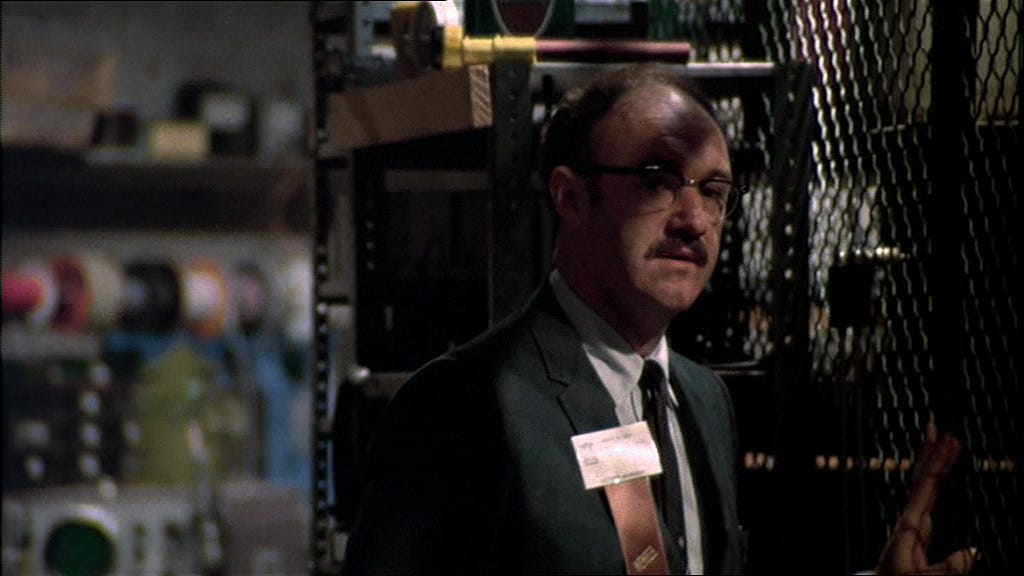
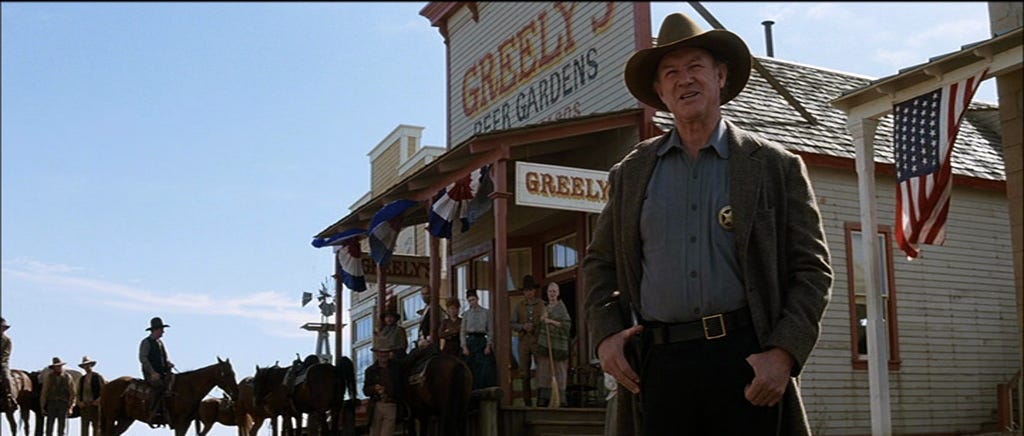
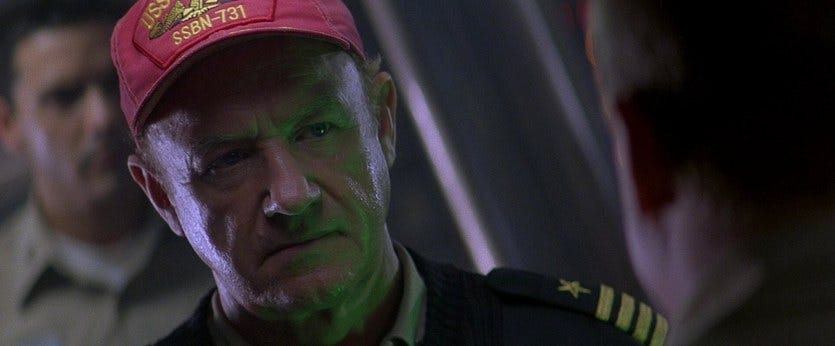
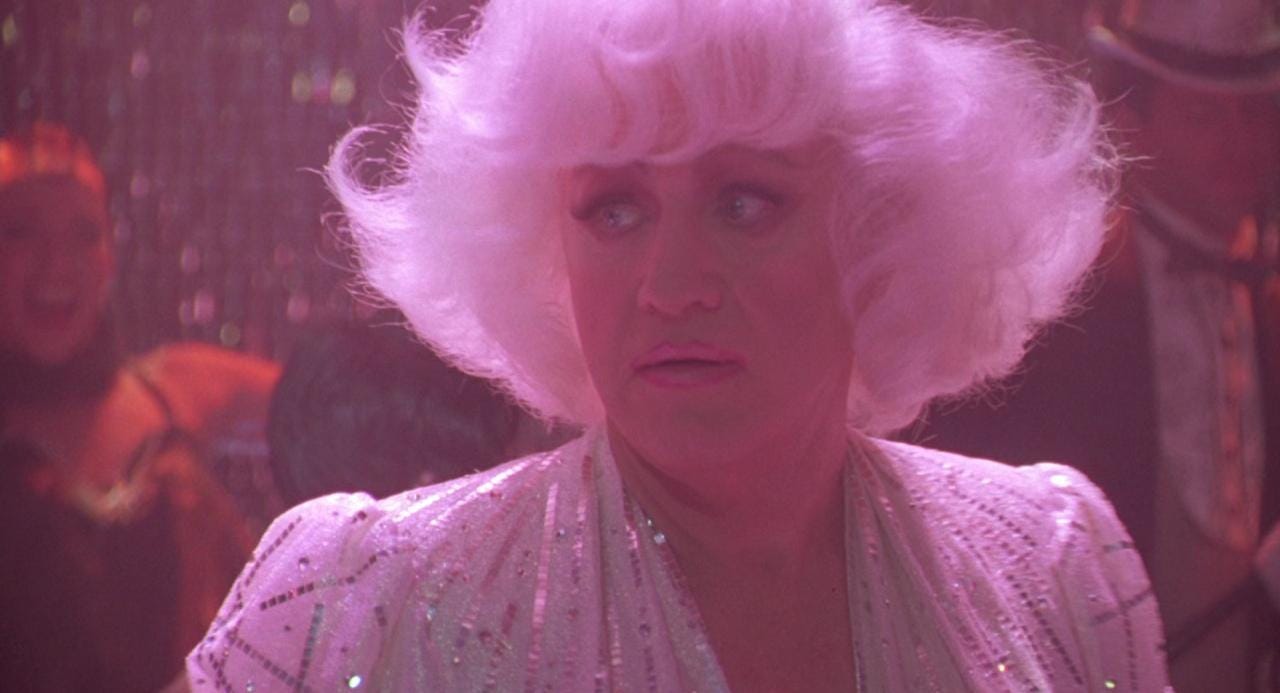

A loving tribute. Greatness personified - back to last week’s SAG theme. It is about the work. Loved hearing about your connection to film through your dad, too! Our parents /caregivers play a vital role in shaping and forming our appreciation for the power of film and those we admire.
Beautiful article! Well said. 👌🏼 Gene Hackman had a rare gift—he made every character feel real, never acting but simply becoming. His presence on screen was unforgettable.